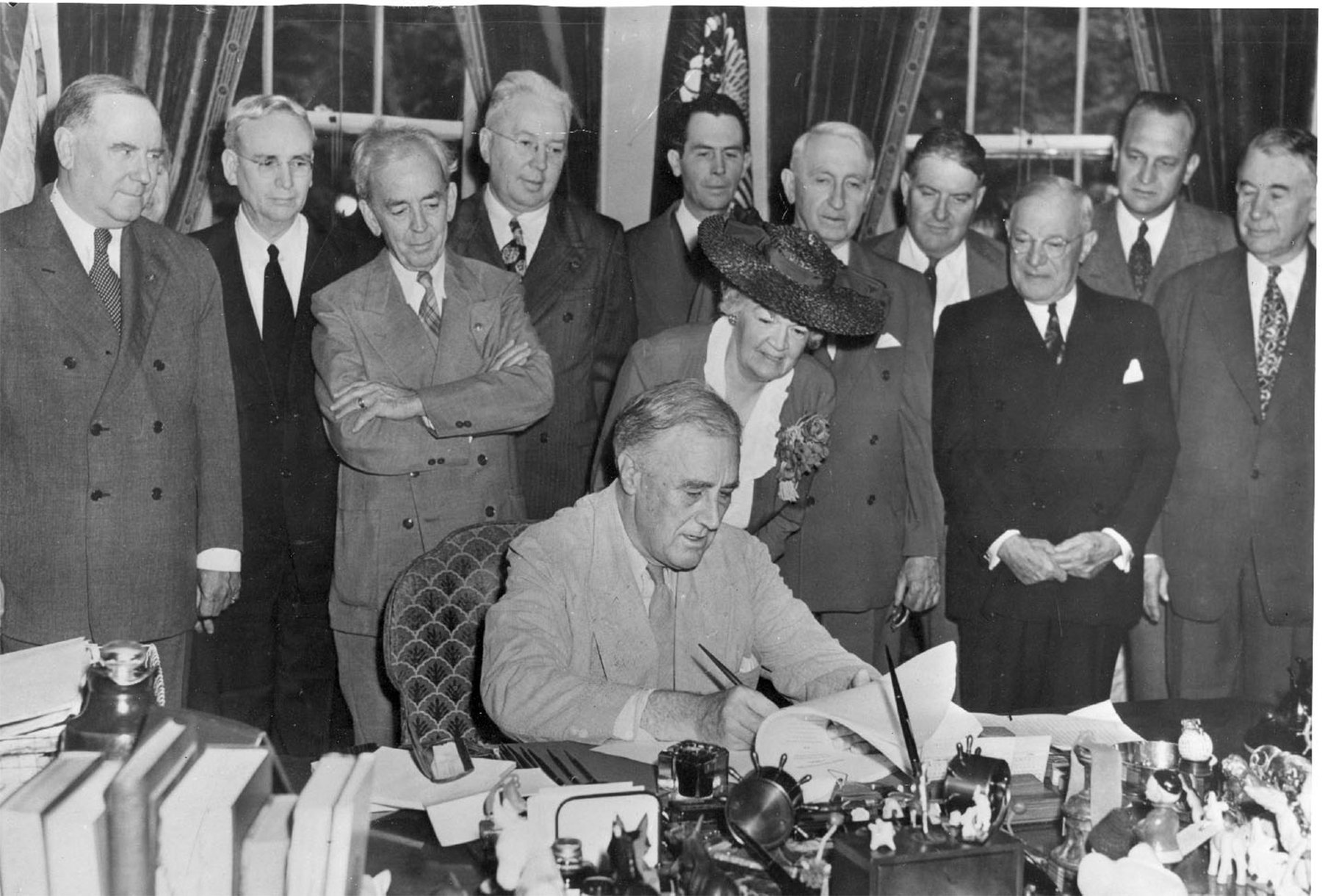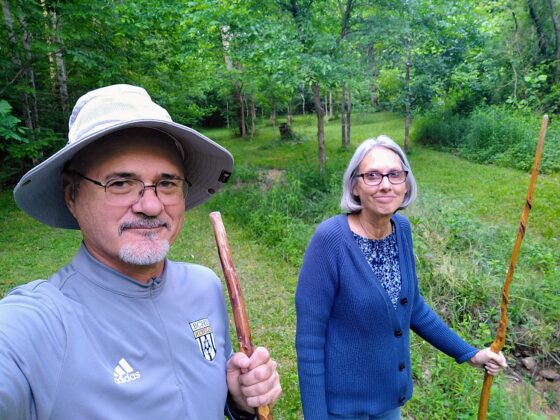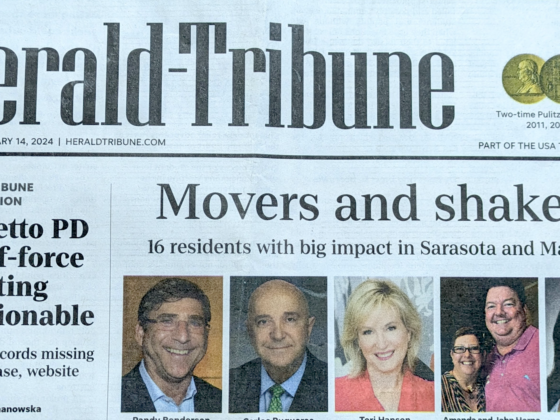The GOP/Fox last night was genuinely depressing. Donald Trump has brought the other candidates down to his level, in the process of demolishing the Republican party. No living American has seen anything like what is happening to the GOP this year, because the last time a national party split apart in such an apparently fundamental way was in the mid-19th century, with the self-destruction of the Whigs.
Meta-point: our two-party national politics and our national governing system are for-real in trouble, as I argued here and here. While they flounder, a damage-limiting step is to identify what parts of the American system are still working, and what might be done to expand their recognition and impact.
Three notes on this front:
1) The latest update by my wife Deb, about an innovative and encouraging public middle-school in Greeville, South Carolina. This follows her “America’s tiniest engineers” report on an innovation elementary school in Greenville. (Also, please see this Economist article on our reports and a new book by Antoine van Agtmael.)
2) A note from a reader in Irvine, California, about the dangers of a persistent gap between viable local governance and failed national politics:
I’ve been reading the reactions to your recent article and your follow on commentary in the “notes” section with interest. I’ve had a few thoughts regarding your reference of Warren Buffet’s recent annual letter, the recent Tom Friedman column, and also the themes you’ve explored during the course of the American Futures project:
- I think what you were thinking when you referenced Buffet is in line with what Paul Krugman would call a “Scandinavia lite” approach i.e. a country with open trade policies, flexible labor markets, whose citizens are shielded from the inherent uncertainty of such a system by a strong safety net that secures essential things like a universal basic income and healthcare for everyone. However, doing this will require intelligent, pragmatic action at the federal level and not at the local, city level. [JF note: agree, as I pointed out.]
- A lot of the “Commons” (i.e. transport and communication infrastructure, education/training, basic and applied research, law enforcement) needed to support entrepreneurship at the local level requires federal action, and when I say federal action in this email, I mean funding as well as enforcement of federal policies.
- Local communities, in order to be truly successful, will need to be open, tolerant, diverse, and will need to be able to provide a space where the interests of all have a voice regardless of race, sex, religion, ethnicity, and only federal action can provide a legal basis to ensure this nationwide. [JF: Of course federal policies matter, but there can be a huge and significant place-by-place difference on this front.]
- From these points above, I would say that the local-level hybrid solutions that promote competitiveness and resilience will require federal support and action. They can proceed without them of course, but their impact can only be maximized if the appropriate amount of federal support is made available.
- In other words, both federal policies that develop the Commons and provide a viable safety net for citizens as well as local hybrid solutions are important, but in the grand equation, the former outweighs the latter.
My main response to these last points is, as I argued at the end of my story: Yes, sure, local efforts bolstered at the national level are more effective than something that is standalone-local. But what is your Plan B? It would be better if we had functioning national politics right now. But we don’t, and it will be a while until that changes. What is the best response until that changes? Might it be something like — hmmm, where have I heard this before? — “think globally, act locally”? More from this reader:
Unfortunately, in our country today, pragmatic, effective, federal action is stymied by the simple fact that one half of our political system has lost its collective mind, and this is where I loop back to your article.
In it, you introduced many wonderful people, many of whom are Republicans working to revitalize their communities. But in another manifestation of Paul Samuelson’s adage “people are micro efficient, but macro inefficient”, these same folks keep sending some really unhinged people to represent them in the Federal government, and this disconnect for me, is the biggest danger for the country.
It seems like a lot of the Republicans working intelligently to solve problems at the local level just shut off their minds and decide purely on some loosely thought out ideology when it comes to what should happen at the Federal level, and they never seem to see the connection between what they do and how the federal government enables it. I have personally seen this in the companies I’ve worked at where smart, principled people who are Republicans (e.g. an IT manager) have questioned whether our President is in fact a closet Muslim, or (e.g. a Marketing executive) who have acknowledged the need for universal healthcare just as long as the government doesn’t have a hand in it, or (a senior actuary at my current company) have questioned whether the ACA is working even as they’ve seen company enrollment and financial performance improve from gains made in the main ACA programs, or (my old boss) have completely forgotten the lessons of Iraq and wondered why we don’t just send troops into Syria and Iraq and Libya to teach people why they shouldn’t mess with us.
Trump is the reductio ad absurdum scenario for the tactics the GOP has adopted over these last eight years, but it only did that because Republican voters (like many of the folks represented in your article) rewarded them for this behavior or at the very least did not punish the party for it…
You would think that more and more, people engaged in local level experiments to improve the quality of life in their communities would gravitate to a similar party at the federal level, but I don’t see that happening. In fact, every year the GOP becomes even more extreme and crazy, and if they ever get a chance to implement their “platform”, the resulting dislocation and pain will overwhelm any hybrid local initiative or solution. These two opposing realities – local level success stories and federal level horror story – cannot exist concurrently indefinitely…sooner or later one dynamic will subsume the other.
That’s why as long as the dysfunction at the federal level remains, I’m a lot more skeptical that the community level revitalization you’ve reported on will scale into a national story . Hope I’m wrong.
This is of course the first-principles question about the next stage in American political evolution and survival, and the one I tried to address in the final part of my article. More to come — over the weeks, and the years — on this theme.
3) Last for today, here is entrepreneur, boat-builder, and charter-boat captain David Ryan, who has appeared over the years in this space,
On the “Everything’s getting worse and so what” front.
The first job I ever had as a fully independent freelance commercial photographer happened to be in the television section of a Medford OR appliance store at the height of the post-Rodney King verdict riots in LA. All around me on dozens of screens large and small were images of LA going up in flames.
About a year later I had decided that I needed to move to New York and somewhere in there a senator from a southern state was going on about how it was the end American greatness, and something about the fall of Rome. This was in the very early Nineties, so all the prosperity of and optimism of the Clinton years were will ahead of us.
“End of the America? Fall of Rome?” I recalled my trip to Italy a few years earlier and how nice Rome was and I thought living in a fallen empire isn’t as bad as people make it out to be, and when I got to New York I named my company Crumbling Empire Productions.
I did business under that name for about 10 years, until the Spring of 2002 when I was asked to produce a documentary about 9/11, and it seemed in bad taste to have “Crumbling Empire Productions” in the credits. I retired the name.
Back in Oregon I was a modestly active member in the Medford Chamber of Commerce, and one of the things I learned is just as everyone’s blood is red, every American’s money is green, and when you’re doing business with people, whether it’s selling them services they need (like photography) or business stuff you need, conducting mutually beneficial commerce with other people goes along way to helping, if not see their people of view, at least see past their point of view.
Are their limits to that? Sure. But I’ve never ever had anyone refuse to do business with me because we disagreed on what the top income tax rate should be, or what our nations policy vis a vis Serbia or Syria should be. Yes, I’ve heard (and said!) intemperate things about abortion, guns, gays, etc. But you know what? That’s never stopped money from exchanging hands either, and the fact that money was changing hands probably restrained the conversation to the level of strong disagreement rather than vile outburst.
Are we at the end of American preeminence? I don’t know. We weren’t 25 years ago. I don’t think we are now. I don’t care. I’ve 15 people working for me building a boat I expect (hope) will take thousands of people out each summer for many summers to come. And if the empire really is crumbling, if things really do get worse than they are in Rome today, I’ll get on my boat and sail some where I like better.




